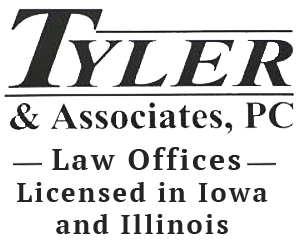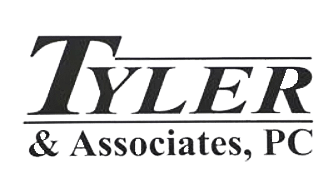Recently, the Occupational Safety and Health Administration began a study on the current regulations for hearing protection at construction sites with a plan to determine if the agency should update those regulations, which they instituted over 40 years ago. If you work in this industry, you may feel this study comes a little too late.
Construction is one of the loudest occupations, placing your hearing at risk from prolonged, high-decibel noises from equipment such as jackhammers and air compressors. Although you may use your hearing protection required by the outdated OSHA regulations, it may not be enough to protect you.
Preventing hearing loss in the workplace
Loss of hearing is the most common workplace injury, according to studies by the U.S. Centers for Disease Control and Prevention. Each year, about 22 million people work around damaging levels of noise in industries like mining and manufacturing, as well as construction. Hearing loss from exposure to dangerous levels of noise can be painful and debilitating. Along with a loss of hearing, you may also suffer from crippling headaches, stabbing ear pain and unrelenting dizziness.
Job safety advocates say OSHA needs to take action quickly to improve the conditions of those most vulnerable to hearing loss. Some of the options suggested to protect workers include:
- Increasing programs of education and awareness in high-risk sectors
- Requiring noise barriers on dangerous work-sites
- Replacing noisy equipment with quieter, more efficient machinery
- Employing technology to measure decibels and alert workers to noise exposure
Naturally, cost is an issue. Replacing machinery may be out of the question for your employer, so distributing headphones or earplugs is the next best solution. However, this may be inadequate.
Your future at risk
Studies show that workers in industries with high risk of noise exposure tend to be diligent about wearing their protection. However, employees in industries with noise exposure which OSHA rates as moderate may have a greater risk of hearing damage because they are less likely to understand the importance of using protection. Research into the hazards of workplace noise shows that prolonged exposure at lower decibels can be as detrimental to your hearing as shorter exposure to higher decibels.
If you are among those millions of workers suffering from hearing loss, you may find yourself facing a future of pain and suffering, medication, and desperate treatments to find relief. You may also discover difficulty in convincing your employer or workers’ compensation insurance that your hearing loss is work-related. However, consulting an Iowa attorney may provide you with the assistance you need to claim your benefits.

